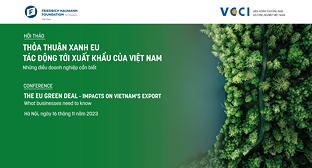What is a subsidy?
03/12/2022 04:56
A subsidy is a financial contribution by a government or a public body that confers a benefit on a recipient (company, industry, sector). A financial contribution may take various forms such as:
- grants
- loans
- tax credits
- government-provided goods or services
A benefit is conferred if any of these contributions are provided on more favourable terms than are available on the market, for example if a government provides electricity at below market price or buys a product at above its market value. Subsidies can normally be acted against only if they are specific to one company or one sector, that is, not available throughout the economy.
An anti-subsidy measure (also called a countervailing measure) — usually in the form of a duty — is applied to counteract the injurious effects of subsidised imports and restore fair competition. The level of an anti-subsidy duty should thus correspond to the difference between a subsidised export price and a non-subsidised export price.
Các tin khác
- What is the legal framework? (05/12/2022)
- Contact details related to Trade Defence Instruments for SMEs (05/12/2022)
- Useful links related to Trade Defence Instruments for SMEs (05/12/2022)
- Where do I find information about trade defence investigations? (04/12/2022)
- What is trade defence? (03/12/2022)
 Home
Home
 About Us
About Us




















